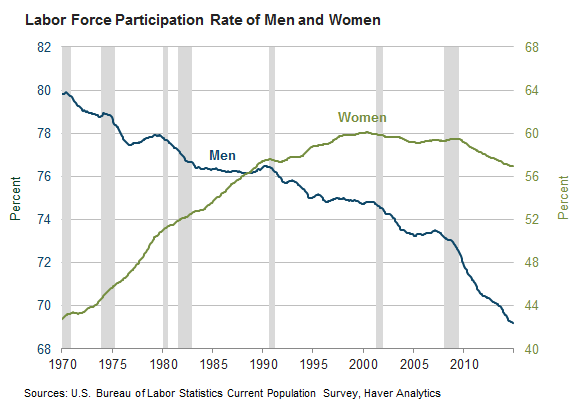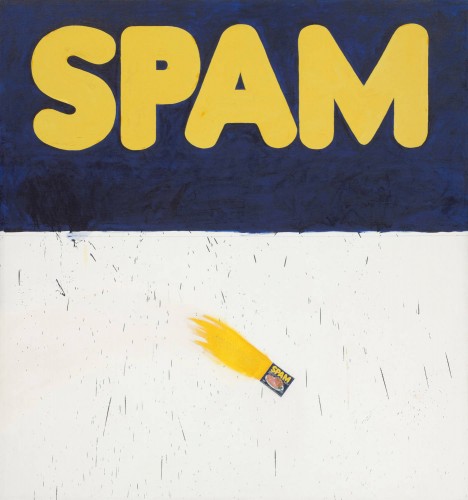Signs of the corporate death spiral #2 - no more free lunches for you
Quick shot for a super-busy day where I am simultaneously juggle attending an event, sorting out numerous technical issues, (I know, no one cares), and trying to keep the content engines humming around here.
Thought it would be time to resurrect my 'Signs of the corporate death spiral' series that has long been dormant. Although I could just write about Yahoo every day and that would cover things.
No, this post is not about Yahoo, but rather another Silicon Valley tech company Dropbox, who you may know from their pretty large data and file storage business. What signal is there that Dropbox may be lurching towards the dreaded death spiral? Check an excerpt from a recent piece on Slashdot:
Not everything is working out at Dropbox, popular cloud storage and sharing service, last valued at $10 billion. Business Insider is reporting a major cost cutting at the San Francisco-based company. As part of it, the publication reports, Dropbox has cancelled its free shuttle in San Francisco, its gym washing service, pushed back dinner time by an hour and curtailed the number of guests to five per month (previously it was unlimited). These cuttings will directly impact Dropbox's profitability. According to a leaked memo, obtained by BI, employee perks alone cost the company at least $25,000 a year for each employee. (Dropbox has nearly 1,500 employees.)
Look, no doubt Dropbox's pretty lavish perks package would be considered incredibly excessive by the average organization. I mean, have you ever worked anywhere that let you bring in five friends each month to the open bar on Fridays? Have you ever even had an open bar at work? And I am not talking about that bottle you think is 'hidden' in your bottom drawer. Everyone knows about that by the way.
But why this benefits/perks cut at Dropbox could potentially be more serious longer term to them than the average organization's occasional need to cut benefits (which can usually be survivable), is that Dropbox exists almost entirely in a world where 'excessive' benefits are not considered excessive at all, rather they are more or less expected components of their Employer Value Proposition.
That's right, I went all EVP on you all. But it is the best, most concise way to describe what I think is going on here and the potential warning signal this kind of a benefit pull back might end up having at Dropbox.
No workplace or employee needs free dry cleaning service at work in order to be considered fairly compensated, and (hopefully), happy with their organization. No one needs this for sure.
But at Dropbox, and maybe 100 other companies in the Valley that are chasing similar pools of workers?
The end of free dry cleaning and posh gym memberships and open bars?
They might move towards the need category a lot faster than you think. For you and your organization? It would be good for you to know what is your version of free dry cleaning before the CFO decides to come down with the cost-cutting axe.

 Steve
Steve



